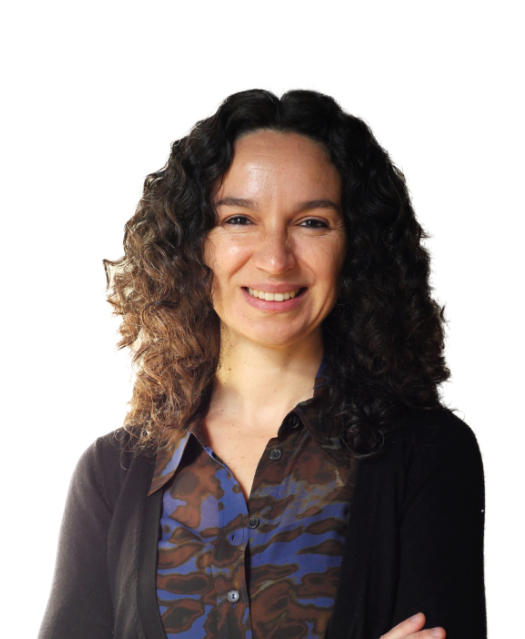Studies in the field of gamete donation for purposes of reproduction and research have proliferated in the last decades, across numerous disciplines. However, these studies have focused mostly on the dichotomy between the resourcepoor countries/conditions of the donors and the richer Western countries’ recipients and hosting research projects. Furthermore, most independent studies focus on only one group of donors for a specific aim: reproduction or research. Finally, there is a shortage of original empirical research using mixedmethods that cross the perspectives of donors, recipients and health professionals.
This research project aims to contribute to overcome these limitations by engaging with a novel set of questions to broaden the canvas of understandings from which policy and practice in the field takes its bearings. Its central question is: how do social, cultural, and economic characteristics intertwine with the experiences, knowledge and identities of the various stakeholders involved in gamete donation (i.e. donors, recipients and health professionals)? Taking a focus on citizenship and bionetworking the managerial, cognitive, infrastructural, regulatory, experimental and exchange activities that coproduce knowledge about life, health and medicine, this project will explore three dimensions of gamete donation: a) policies (regulations, policymaking, standard setting); b) provision (donor/recipients selection, patientcentered care); and c) production (infrastructures, platforms). The ENGAGED team will employ a mixedmethod approach, relying on documentary analysis, ethnographic observation in Portuguese fertility centers (public/private), and questionnaires and semistructured interviews with donors, recipients and health professionals working on gamete donation in Portugal.
Building on a multivocal and interdisciplinary approach grounded on users’ involvement, ethical choreography and citizenship, this project will serve as a foundation for a set of integrated theoretical and empirical insights on the following issues: 1) strategies to manage personal and collective identities, health experiences and knowledge; 2) strategies to prevent and deal with obstacles to safe, just and ethical national and transnational collaborations between fertility units (public/private) engaged in the flows of eggs and sperm; 3) circumstances under which fertility clinics recruit and select donors and match donorrecipient; 4) protection of personal data and user involvement on balancing public/private and individual/collective interests; and 5) development of patientcentered care.
This research project will contribute to the debate on social studies of science and technology and produce scientifically and socially relevant data to tackle two main societal challenges at a local and European levels – health and wellbeing, and inclusive and innovative societies. First, this project will establish creative partnerships with innovative services (such as the public gamete bank at the Centro Hospitalar do Porto, created in 2011) to response to local and national needs. Second, it will reinforce transnational collaborations with European and Brazilian partners to ensure a global and dynamic exchange of knowhow and deepen the links already established through international networks centred around interdisciplinary research concerned with the implications of the changing role of medical professionals and the inclusion of users’ voice in the management of healthcare (COST Action IS0903), the production, circulation and governance of bioobjects (e.g. tissue samples) (COST Action IS1001), and the analysis of the ethical, social, and political issues associated with the creation of genetic databases (FCT Bilateral Cooperation with Brazil 2014/2015). Finally, this study is directly relevant to policy improvement and will contribute to the interface between human and natural sciences, and between quantitative and qualitative methods, by approaching the practice and governance of healthcare from a humanitarian and human rights perspective based on a deep collaboration between experienced and young researchers from complementary fields.
The team members’ work regarding the impacts of reproductive and genetic technologies on society from a lay and expert citizens’ perspective has been widely published, and may provide decisionmakers with novel perspectives to the governance of medical practices and social relations in the context of gamete donation. The PI is highly suited to coordinate this research project, given her expertise on qualitative and statistical analysis and theoretical sensitivity, as well as her wide experience with leading interdisciplinary teams working on issues such as gender differences, perception of risks and benefits, responsibilities, informed consent, volunteering, trust, identities, and boundaries between law and medicine.



